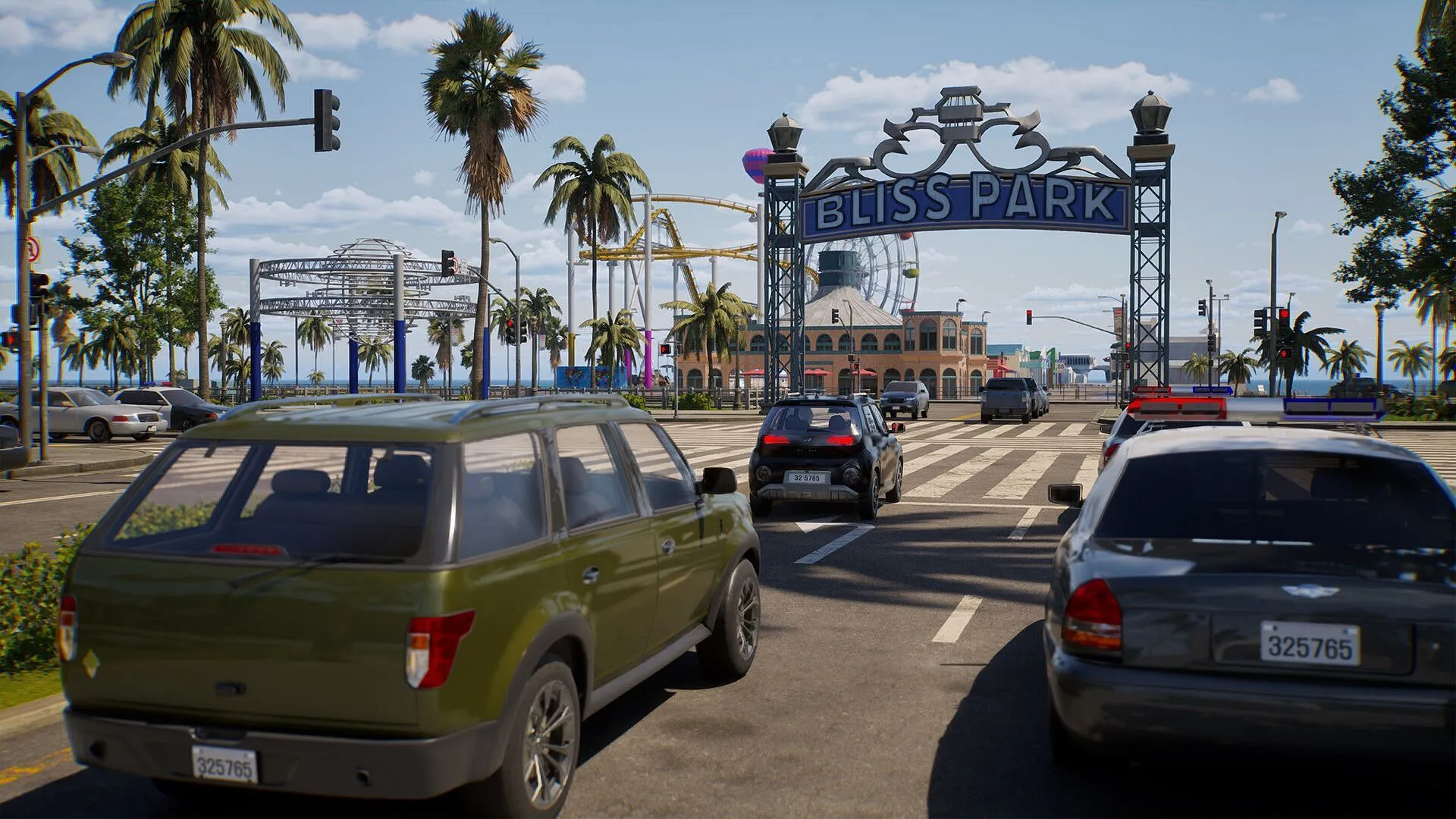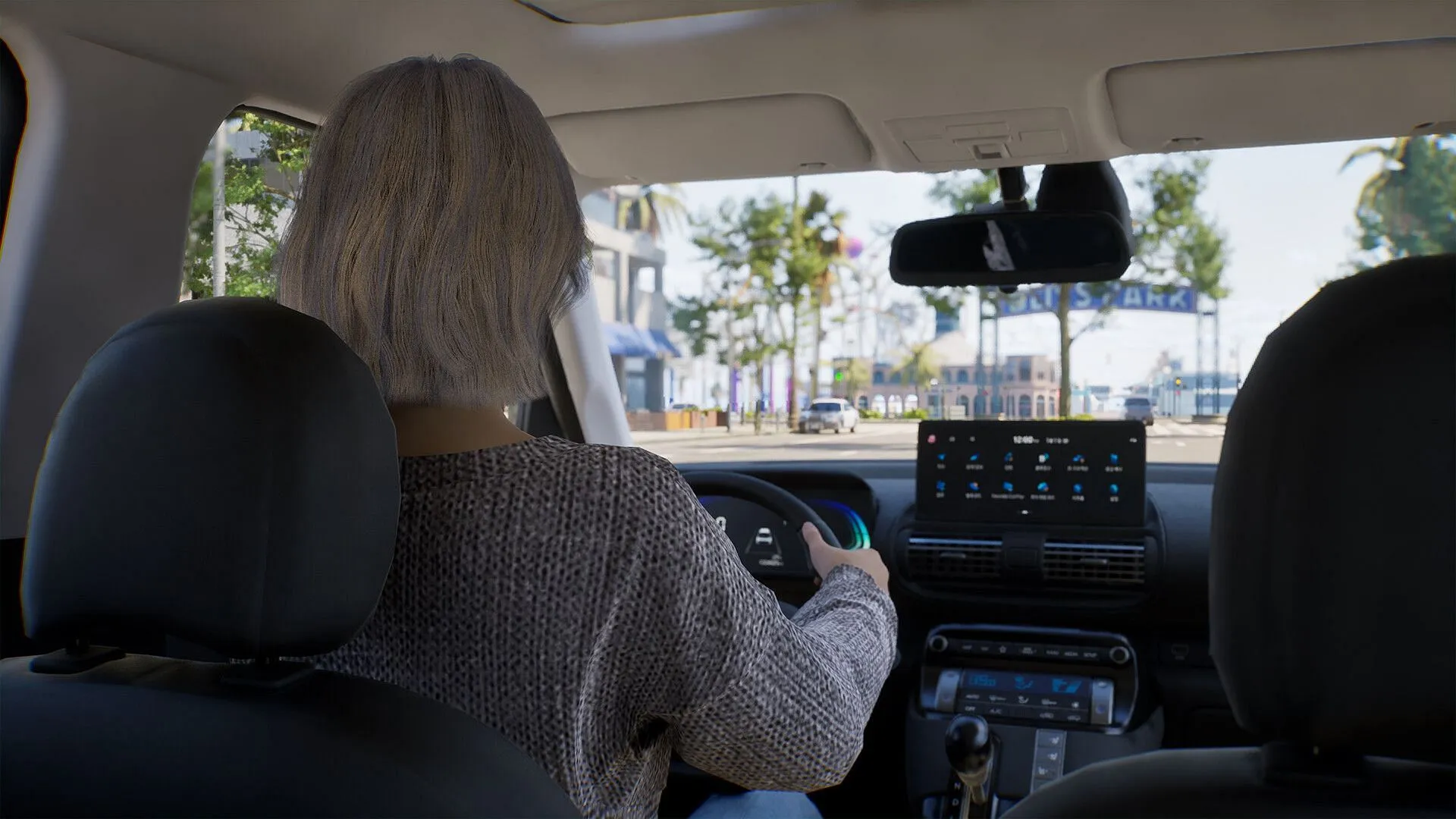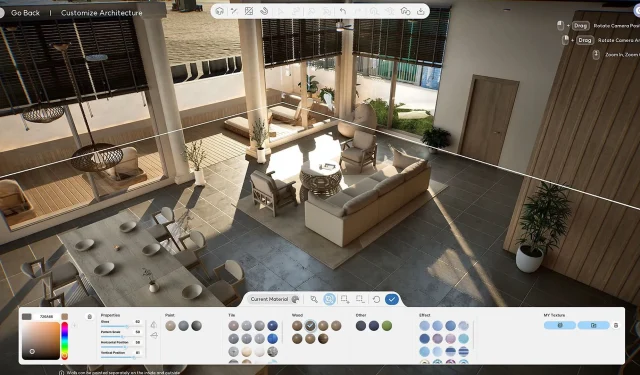Denuvo, a prominent name in digital rights management (DRM) and anti-tamper technology, has been a staple in the gaming industry for some time. However, the developers of Inzoi, a life simulation game, have chosen not to implement any form of Denuvo protection for their title. Their decision reflects a growing trend among game developers, as technology has become more accessible, allowing users to manipulate software easily—sometimes to the detriment of the developers’ hard work.
Despite being in the early access phase, Inzoi Studio is unperturbed about the potential for piracy or cracking of their game prior to its full launch. This article aims to explore the rationale behind this unconventional choice, particularly in the context of modern game development.
The Decision Against Denuvo

For those unfamiliar with it, Denuvo is designed to deter software piracy by preventing unauthorized tampering with games. In a last-minute pivot, Inzoi Studio initially announced plans to include Denuvo in their early-access build but later retracted this decision just before the launch.
The game director, Hyungjun “Kjun”Kim, issued a statement on Steam expressing his optimism about this decision. Kjun believes that foregoing Denuvo could benefit the project significantly.
Inzoi aims to offer a realistic life simulation, frequently lauded for its customizable options—attributes that strongly encourage modding within the gaming community. While this opens doors for creative enhancements, it also heightens the risk of unauthorized access and piracy.
Many in the gaming community are reassured by Kjun’s confidence, though some concerns linger regarding the consequences of this gamble as the game nears its complete release.
Limitations of Digital Rights Management
Another critical aspect influencing the removal of Denuvo is the growing awareness of its downsides. Numerous players have expressed dissatisfaction over performance issues linked to Denuvo, leading to negative experiences and outcomes that could tarnish the game’s reputation.

Although Inzoi may not deliver the high-octane action typical of AAA titles, its realistic simulations are notably demanding from a graphics standpoint. Players worry that implementing DRM could adversely affect gameplay performance and tarnish the overall user experience.
Conclusion
Inzoi may be forgoing Denuvo protection during its early access rollout, but this strategic choice can foster a richer and more customizable gameplay experience. While this route carries inherent risks, Inzoi Studio has likely weighed its options thoroughly. It remains to be seen whether the developers will reconsider their stance on DRM prior to the game’s full launch.
While Denuvo is intended to safeguard games, its actual impact raises valid concerns that must be addressed. Inzoi Studios has made a compelling, albeit risky, decision that prioritizes the gaming experience over restrictive protections.
Currently, Inzoi is in its early access stage and is available on PC through Steam, as well as via cloud streaming on GeForce Now.


